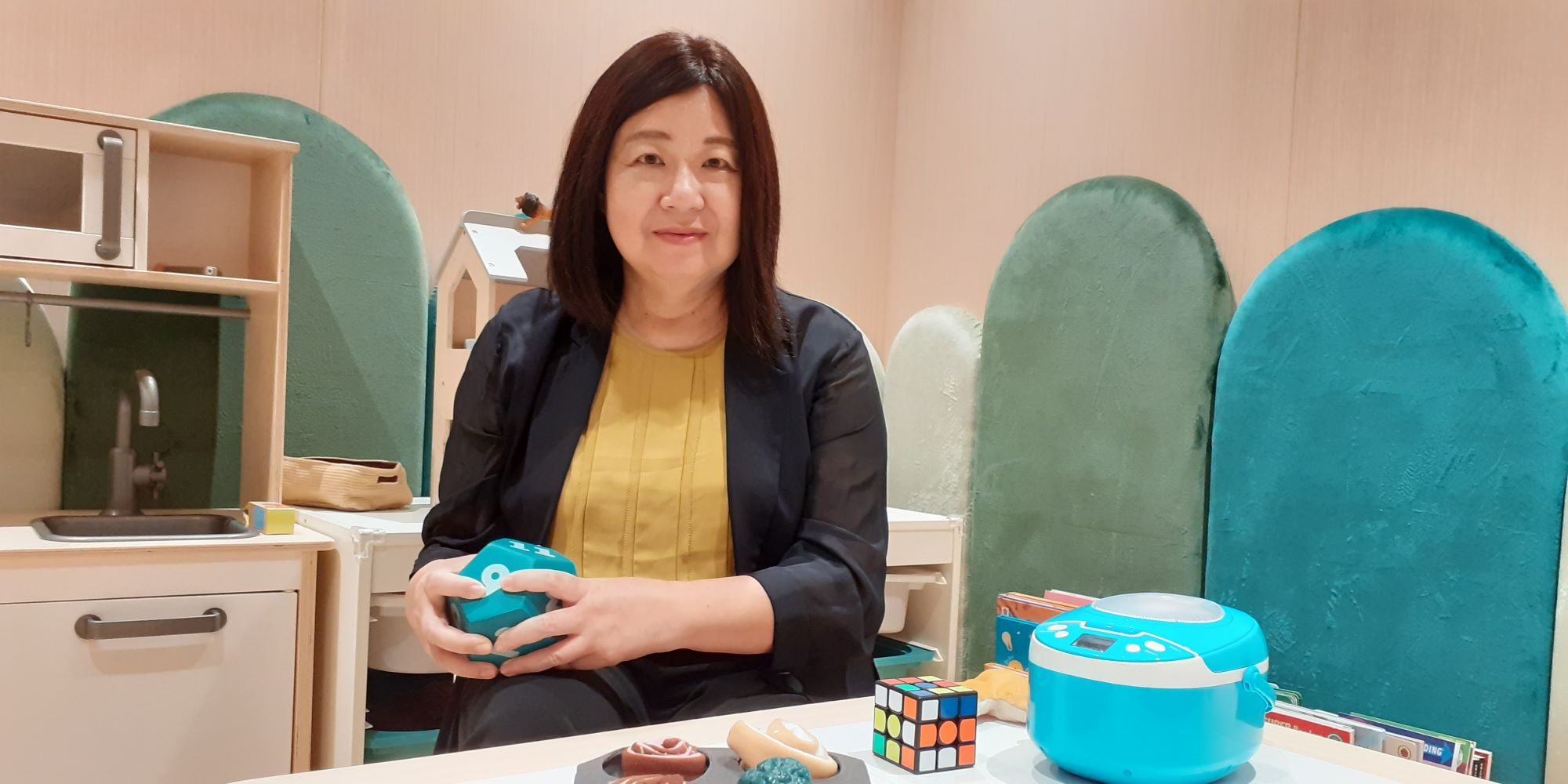By Dr. Chan Kwok Ling Phyllis, Honorary Clinical Associate Professor of the Department of Psychiatry, LKS Faculty of Medicine, HKU & Advisor, Save the Children Hong Kong
In recent years, children’s mental health has gathered increasing attention. According to a survey conducted by the Chinese University of Hong Kong, 24.4% of children and adolescents have suffered from at least one type of mental disorder in 2022. How should parents provide support and seek assistance when their children are in mental distress? What signs should parents look out for in their children’s daily lives? Dr. Phyllis Chan, advisor of Save the Children Hong Kong, and Honorary Clinical Associate Professor of the Department of Psychiatry, LKS Faculty of Medicine, HKU, share some tips for safeguarding children’s mental health.
Receive Early Professional Treatment Within the Golden Hour
Dr. Phyllis Chan, who has been actively promoting children’s mental health, states, “Studies have shown that up to 50% of mental illnesses appear before the age of 14, and an average of 10% of children and adolescents aged 5-16 experiencing severe mental health issues. Doctors identify symptoms of mental health problems based on children’s developmental stages.” Dr. Chan emphasises the importance of early identification and treatment of children’s mental health issues. Parents and teachers should be aware of the child’s behavioral and emotional changes and seek professional help when necessary. This ensures children receive the support and treatment they need as they grow up and prevents the problem from deteriorating. “The earlier the treatment, the better,” says Dr. Chan, “Encouragement from parents, coupled with psychosocial intervention involving changes in factors such as environment, discipline, and stress, can lead to significant improvements in children, as they generally want to grow and thrive, and not give up on themselves so early!”
Four Major Signs Reflecting Children’s Mental Health Condition
During children’s development, various factors such as developmental delays and environmental influences can affect parents’ awareness of their children’s mental health, leading to missed opportunities for timely intervention. Dr. Chan suggests that parents can start by observing the following four key indicators of their children’s mental health and seek professional help when necessary:
1. Extreme Changes in Eating Habits or Significant Weight Changes
Self-esteem or emotional distress often affects appetite. If you notice your child suddenly losing or gaining a lot of weight, or experiencing extreme changes in eating habits, it may be a sign of illness or emotional issues. Parents should try to have open conversations with their children to understand their feelings and thoughts.
2. Sudden Decline in Academic Performance or Resistance to School
As children enter adolescence, their focus often shifts from parents to peers. School life can have a direct impact on their mental health. If you notice that your children suddenly become reluctant and even refuse to go to school, or their academic performances suddenly decline, you should be aware of their potential learning difficulties, disputes with peers, bullying and other peer issues, all of which can affect their engagement and satisfaction with school life.

3.Sudden Change in Temperament or Extreme Reactions to Specific People
Pay attention to any significant changes in your children’s temperament, such as becoming very withdrawn or shy, or only willing to communicate with family members. If they deliberately avoid certain people or show obvious discomfort when someone approaches, it may indicate ongoing abuse that they are difficult to express.
4.Signs of Self-harm Behaviors
If your children deliberately choose to wear long-sleeved clothes, you may have to notice whether they are trying to hide their self-harm scars. Parents are encouraged to adopt an open, non-judgmental attitude to care about their children’s difficulties in life and listen to their voices. We should not ignore the self-harm behaviors of children, and we encourage parents to seek professional assistance as soon as possible.
Parents Should Set Reasonable Expectations to alleviate Children’s Academic Pressure
Apart from raising parents’ and the public’s awareness of children’s mental health, Dr. Chan believes that different sectors of society should also cooperate. “The Hospital Authority has set up a dedicated hotline for school principals to provide urgent consultations when necessary. Changes in education policies are also crucial, helping schools reduce academic pressure, competition, and comparison.” She continues, “Parents are advised to adopt compassionate communication and positive parenting, focusing not only on academic performance but recognising that every child is unique. With family support, every child can lead a fulfilling life.” Together with the support of families, schools, and society, we hope every child can face life’s challenges with confidence and grow up happily and healthily.
